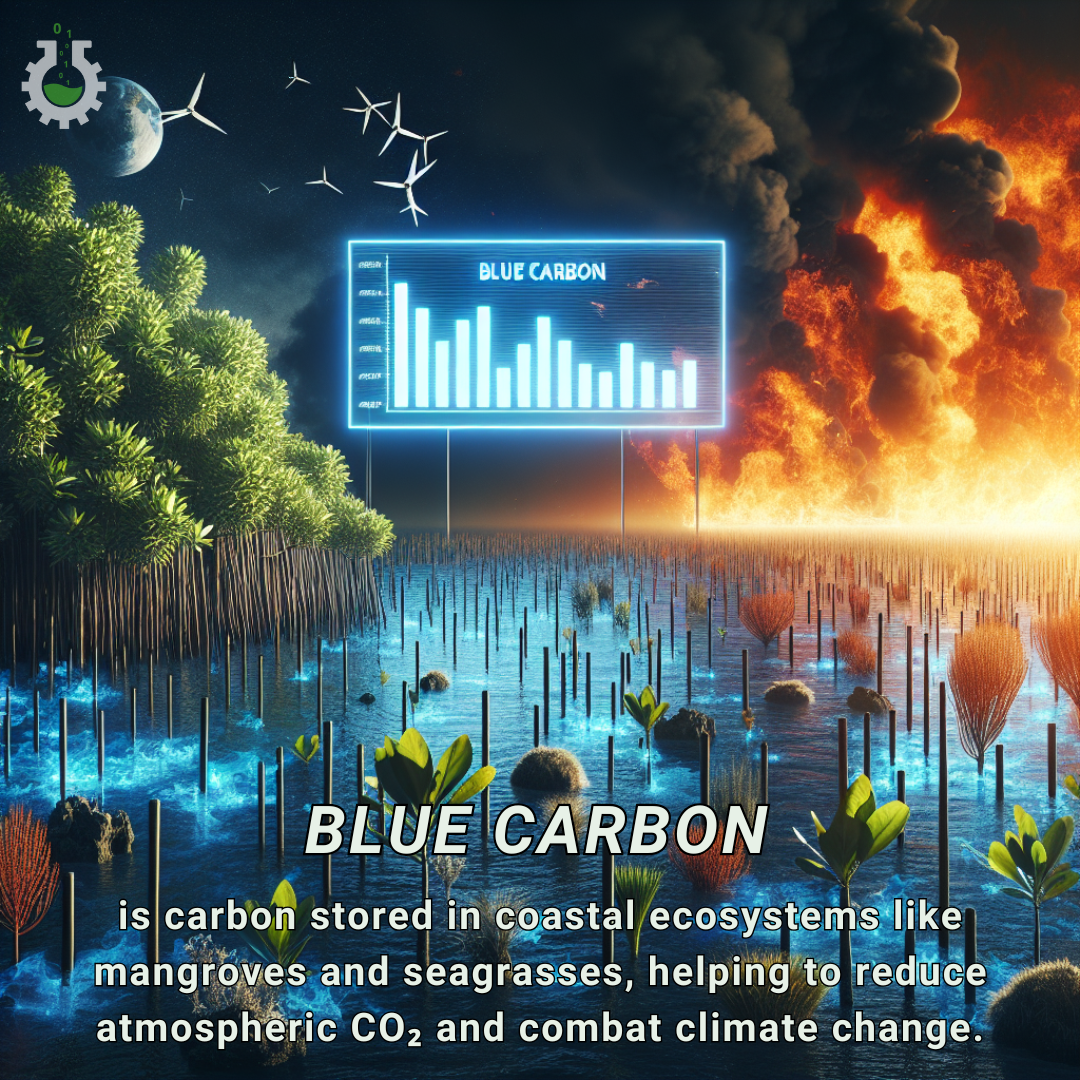Insights
Latest
This week’s Climate Change Poster Collection highlights Blue Carbon, refers to the carbon captured by the world’s oceanic and coastal ecosystems, primarily mangroves, salt marshes, and seagrasses. These ecosystems are remarkably efficient at absorbing carbon dioxide from the atmosphere and storing it in their biomass and sediments, making them vital allies in the fight against climate […]
In today’s fast-evolving AI landscape, multi-agent systems (MAS) have emerged as transformative forces in advanced decision-making and predictive analytics. By replicating the interactions of autonomous agents, MAS offer unprecedented insights into complex environments, allowing organizations to assess potential outcomes and devise effective strategies. From finance and healthcare to urban planning and defense, MAS are redefining […]
As concerns over climate change continue to mount, several industries are striving to reduce their carbon footprint. Among these, the aviation industry is making concerted efforts to minimize its environmental impact. This is being achieved through the development of new materials for lighter airplanes and the exploration of alternative fuels. However, it’s not just the […]
Introduction to LLMs Large Language Models (LLMs) have revolutionized the way businesses approach digital marketing. These advanced AI models are capable of understanding and generating human-like text, enabling marketers to create more engaging and relevant content. By leveraging LLMs, companies can analyze vast amounts of data to gain insights into consumer behavior, preferences, and trends, […]
A research team from Osaka Metropolitan University has conducted a comprehensive long-term study on carbon monoxide (CO) fluxes in northern forests situated on permafrost. The study, which spanned two decades from 2003 to 2022, offered a fascinating insight into the intricate relationship between climate change and carbon sources and sinks. The study’s findings indicate that […]
In today’s digital era, where consumers are flooded with content, personalization has become essential for brands looking to stand out. Modern, digital-savvy audiences expect interactions that feel relevant, personalized, and tailored just for them. By leveraging data insights and the capabilities of artificial intelligence (AI), brands can craft messages aligned with individual preferences, creating meaningful […]








